
BBC One
Featured Show:
The World of Wooster
Based on P.G. Wodehouse's Jeeves stories, The World of Wooster, broadcast on BBC One from 1965 to 1967, followed the farcical adventures of young upper-class twit Bertie Wooster and his invaluable manservant Jeeves. It starred Ian Carmichael as Wooster and Dennis Price as Jeeves. Wodehouse initially felt that Carmichael would be fine as Wooster, but later believed that Carmichael overacted; however, Wodehouse was satisfied enough with to later ask Carmichael to portray Bertie or Jeeves in a musical comedy. Carmichael declined, feeling too old to play Bertie again and that public perception prevented him from playing Jeeves. Wodehouse was far more positive about Price's Jeeves, stating that Price was the best Jeeves he had ever seen. Like many other series of the time, much of the episodes were wiped, leaving all but two now lost. In 2018, it was included at #51 in a list of the top 100 most wanted missing television programmes by TV archivist organisation Kaleidoscope.
BBC One TV Shows
2485 shows • Page 110 of 125

The World of Wooster
Based on P.G. Wodehouse's Jeeves stories, The World of Wooster, broadcast on BBC One from 1965 to 1967, followed the farcical adventures of young upper-class twit Bertie Wooster and his invaluable manservant Jeeves. It starred Ian Carmichael as Wooster and Dennis Price as Jeeves. Wodehouse initially felt that Carmichael would be fine as Wooster, but later believed that Carmichael overacted; however, Wodehouse was satisfied enough with to later ask Carmichael to portray Bertie or Jeeves in a musical comedy. Carmichael declined, feeling too old to play Bertie again and that public perception prevented him from playing Jeeves. Wodehouse was far more positive about Price's Jeeves, stating that Price was the best Jeeves he had ever seen. Like many other series of the time, much of the episodes were wiped, leaving all but two now lost. In 2018, it was included at #51 in a list of the top 100 most wanted missing television programmes by TV archivist organisation Kaleidoscope.
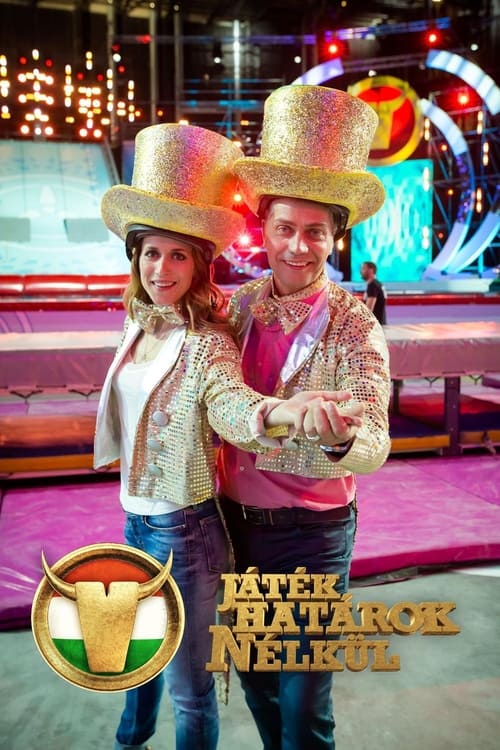
Jeux Sans Frontières
Jeux Sans Frontières was a Europe-wide television game show. In English-speaking countries, the show is also known as It's a Knockout, the title of the BBC's domestic version. In its original conception, it was broadcast from 1965 to 1999 under the auspices of the European Broadcasting Union and featured teams from different European countries in outlandish costumes competing to complete bizarre tasks in funny games. The original series run ended in 1982 but was revived a few years later with a different complexion of nations and hosted by smaller broadcasters. In the United Kingdom, participants came from the heats of It's a Knockout. The original presenter was Mcdonald Hobley, but he stayed for just one season before handing over to Katie Boyle, who in turn was replaced by David Vine and Eddie Waring. It was not until 1971 that the presenter most associated with the role, Stuart Hall, took over presenting the UK heats and also provided the British commentary for the international version along with Waring, who was better known as the BBC's Rugby League commentator. Wales had its own team between 1991 and 1994 and the programme was broadcast on S4C in Welsh by Iestyn Garlick.
 0
0Londoners
London itself takes the starring role in this series of plays from the BBC – a role which varies between hero and villain, enchantress and harpy. The series features extensive location filming, ranging from Soho to the Law Courts, Wembley to the docks. Of the twelve episodes, eleven are believed to be lost.
 0
0The Bed-Sit Girl
The Bed-Sit Girl was a British sitcom that aired on BBC1 from 1965 to 1966. Created by Chesney and Wolfe for Sheila Hancock, The Bed-Sit Girl aired for two series. Hancock played Sheila Ross, a typist who lives in a bedsit and wishes for more in life. In the first series, Dilys Laye played her air hostess neighbour Dilys, and in the second Hy Hazell played Sheila's friend Liz. Derek Nimmo also appeared as her neighbour and boyfriend David in Series Two. All twelve episodes are missing from the archives and are thought to have been destroyed.
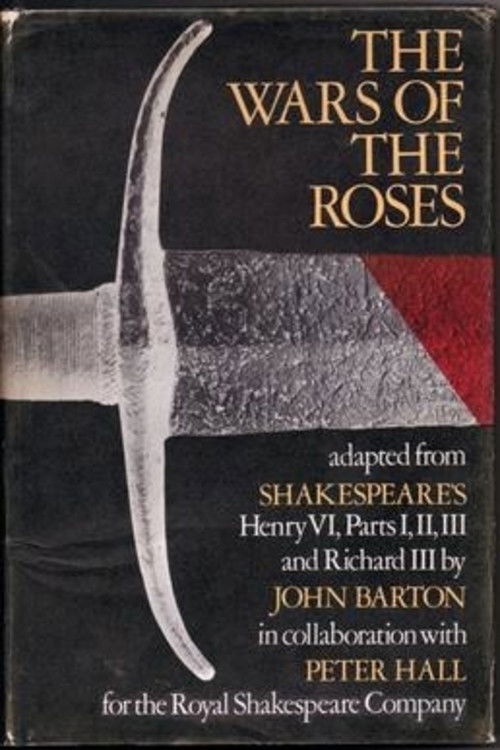
The Wars of the Roses
The Wars of the Roses was a 1963 theatrical adaptation of William Shakespeare's first historical tetralogy (1 Henry VI, 2 Henry VI, 3 Henry VI & Richard III), which deals with the conflict between the House of Lancaster & the House of York over the throne of England, a conflict known as the Wars of the Roses. The plays were adapted by John Barton, and directed by Barton himself & Peter Hall at the Royal Shakespeare Theatre. The plays were heavily politicized, with Barton and Hall allowing numerous contemporaneous events of the early 1960s to inform their adaptation. The production was a huge critical & commercial success, and is generally regarded as revitalizing the reputation of the Henry VI plays in the modern theatre. Many critics feel The Wars of the Roses set a standard for future productions of the tetralogy which has yet to be surpassed. The 1965 broadcast was so successful that they were shown again, as 11 episodes, each 50 minutes long, in 1966.
 0
0Hit and Run
 0
0R3
R3 is a British television series produced by the BBC between 1964 and 1965. Full title was Ministry of Research Centre No.3. It was a 50-minute show, and the series starred John Robinson as Sir Michael Gerrard, Jeremy Young as Wilson, David Blake Kelly as Captain Rogers, and was set in a scientific research facility at the Ministry of Research. R3 is also notable for providing early TV exposure for a young Oliver Reed, cast as one of the scientists on the ministry staff, Dr. Richard Franklin. In "Experiment in Death", written by N J Crisp, Undersea exploration becomes an experiment in survival in a bathysphere. That show starred Edward Judd as Peters, Brigit Forsyth as a secretary, Donald Hoath as Turner and Stephen John as a meteorologist. It was produced by John Robins and directed by Paul Bernard.
 0
0Not So Much a Programme, More a Way of Life
Not So Much a Programme, More a Way of Life is a BBC-TV satire programme produced by Ned Sherrin, which aired during the winter of 1964–1965, in an attempt to continue and improve on the successful formula of his That Was The Week That Was, which had been taken off by the BBC because of the coming General Election. It too featured David Frost as compère, with two others, William Rushton and the poet P. J. Kavanagh joining him in the role. In addition to Saturdays, there were also editions on Fridays and Sundays. It saw the first appearances on television of John Bird, Eleanor Bron, Roy Hudd, Patrick Campbell and John Fortune. Michael Crawford also featured as 'Byron'. Whereas TWTWTW had had a dark nightclub atmosphere, the new programme used predominantly white sets. The programme lacked the impact of TW3 and lasted only one season before being replaced by the Robert Robinson-fronted BBC-3.
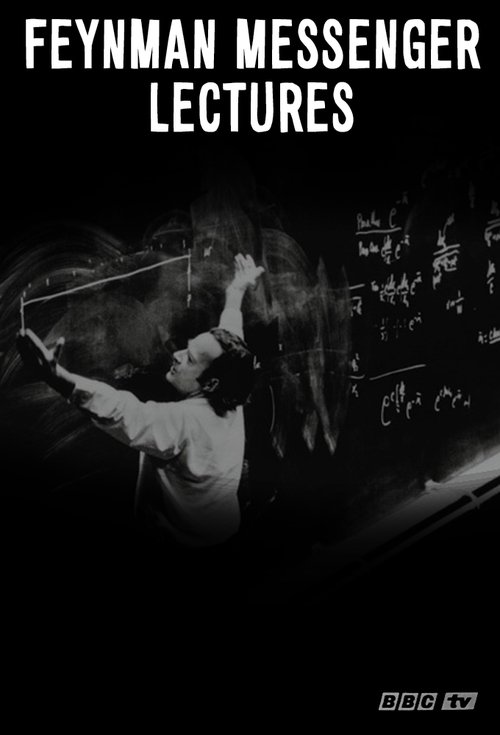 0
0The Character of Physical Law
A series of seven lectures by physicist Richard Feynman concerning the nature of the laws of physics.
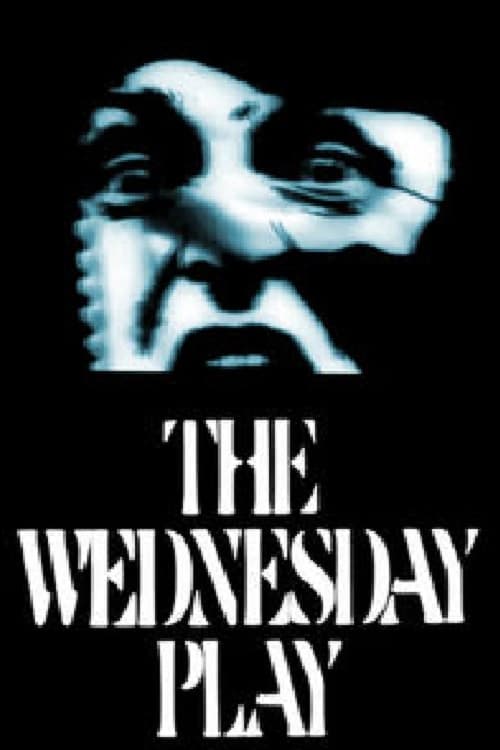
The Wednesday Play
An anthology series of television plays which aired on BBC1 from October 1964 to May 1970. The plays were usually written for television, although adaptations from other sources also featured.
 0
0BBC Midlands Today
Midlands Today is the BBC's regional television news programme for the West Midlands. Midlands Today began on 28 September 1964, from a small studio in Broad Street, Birmingham.
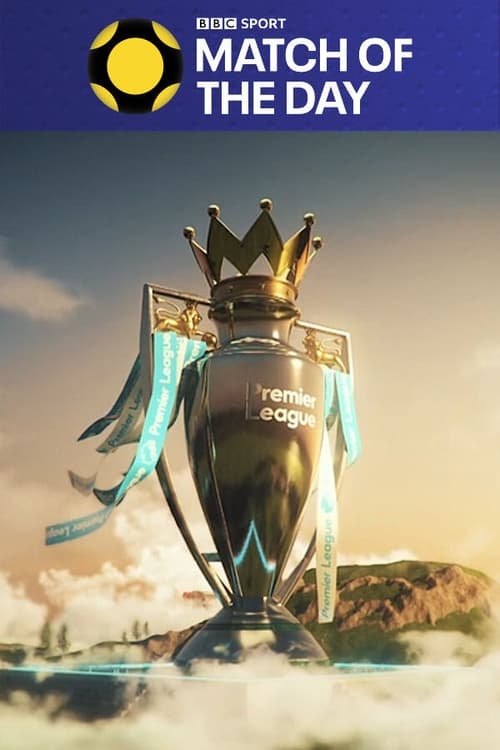
Match of the Day
BBC's football highlights and analysis. "The longest-running football television programme in the world" as recognised by Guinness World Records in 2015.
 0
0The Valiant Varneys
A BBC children's comedy series in which Reg Varney plays a variety of characters from throughout history.

Sherlock Holmes
Sherlock Holmes is a series of Sherlock Holmes adaptations produced by British television company BBC between 1965 and 1968. This was the second screen adaption of Sherlock Holmes for BBC Television.
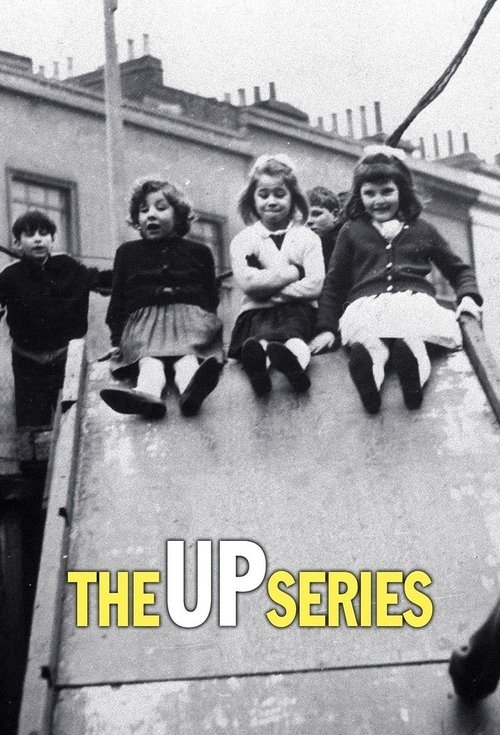
The Up Series
A series of documentaries that have followed the lives of fourteen British children since 1964, when they were seven years old.
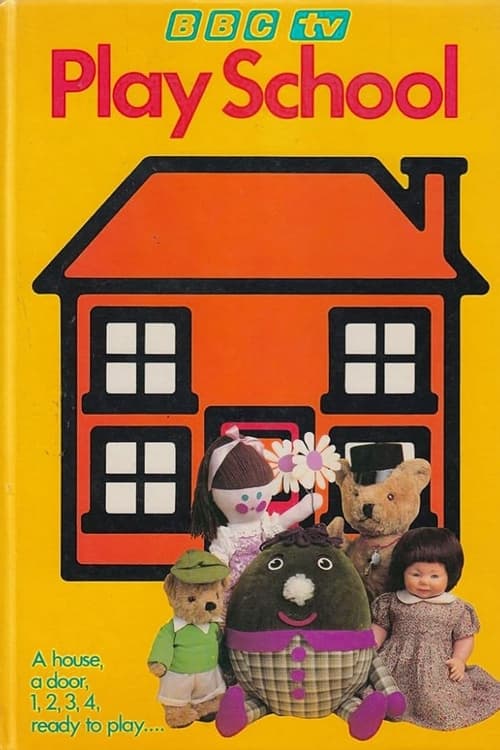
Play School
Play School is a British children's television series produced by the BBC which ran from 21 April 1964 until 11 March 1988. Devised by Joy Whitby, it accidentally became the first ever programme to be shown on the fledgling BBC2 after a power cut halted the opening night's programming. Play School originally appeared on weekdays at 11am on BBC2 and later acquired a mid-afternoon BBC1 repeat. The morning showing was transferred to BBC1 in September 1983 when BBC Schools programming transferred to BBC2. It remained in that slot even after daytime television was launched in October 1986 and continued to be broadcast at that time until it was superseded in October 1988 by Playbus, which soon became Playdays. When the BBC scrapped the afternoon edition of Play School in September 1985, to make way for a variety of children's programmes in the afternoon, a Sunday morning compilation was launched called Hello Again!. There were several opening sequences for Play School during its run, the first being "Here's a house, here's a door. Windows: 1 2 3 4, ready to knock? Turn the lock - It's Play School." This changed in the early seventies to "A house, with a door, 1 2 3 4, ready to play, what's the day? It's..." In this version blinds opened on the windows as the numbers were spoken.
 0
0Cluff
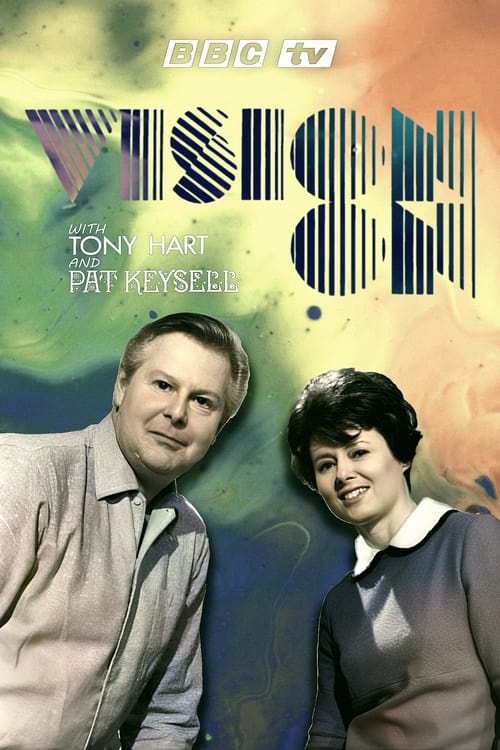 0
0Vision On
Vision On was a British children's television programme, shown on BBC1 from 1964 to 1976 and designed specifically for deaf children.
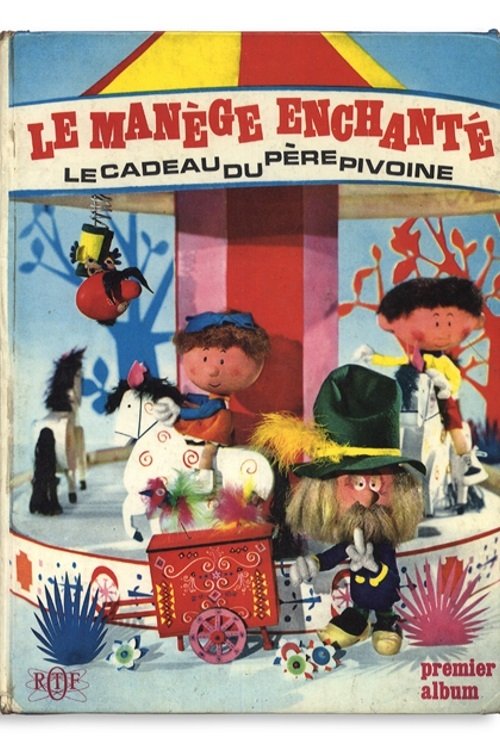
The Magic Roundabout
The Magic Roundabout is a French-British children's television programme created in France in 1963 by Serge Danot, with the help of Ivor Wood and Wood's French wife, Josiane. The series was originally broadcast between 1964 and 1971 on ORTF, originally in black-and-white. Having originally rejected the series as "charming... but difficult to dub into English", the BBC later produced a version of the series using the original stop motion animation footage with new English-language scripts, written and performed by Eric Thompson, which bore little relation to the original storylines. This version, broadcast in 441 five-minute-long episodes from 18 October 1965 to 25 January 1977, was a great success and attained cult status, and when in 1967 it was moved from the slot just before the evening news to an earlier children's viewing time, adult viewers complained to the BBC.
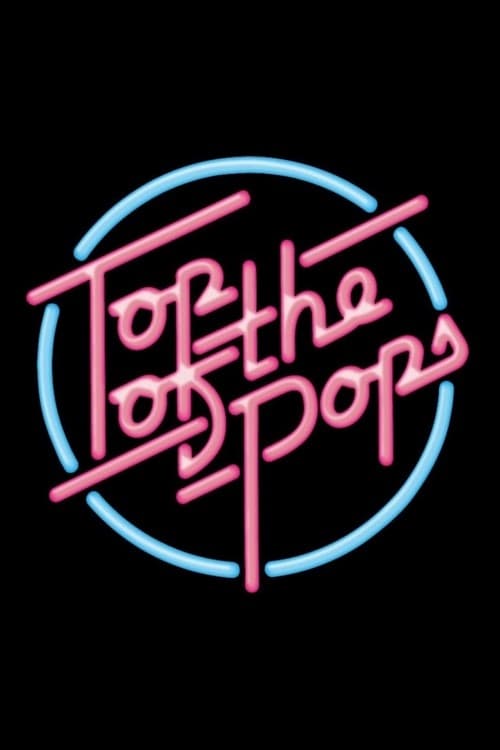
Top of the Pops
The biggest stars, the most iconic performances, the most outrageous outfits – it’s Britain’s number one pop show.